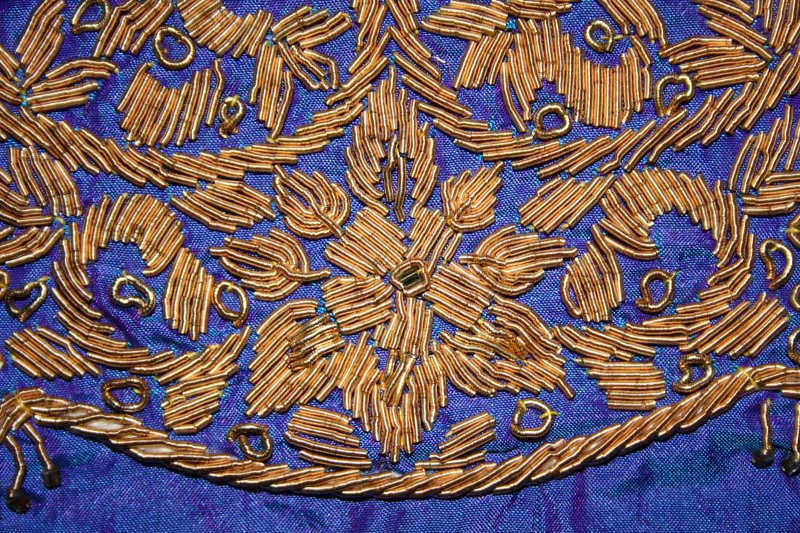===
0711,
5
===

=== |
 |
haul-nāk : 'Terrible, dreadful, frightful, horrible, horrid, terrifying, dismal, dreary; dangerous, perilous'. (Platts p.1242)
qushʿarīrah : 'Horripilation, the hair standing on end from horror'. (Platts p.791)